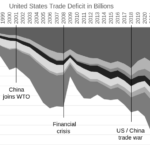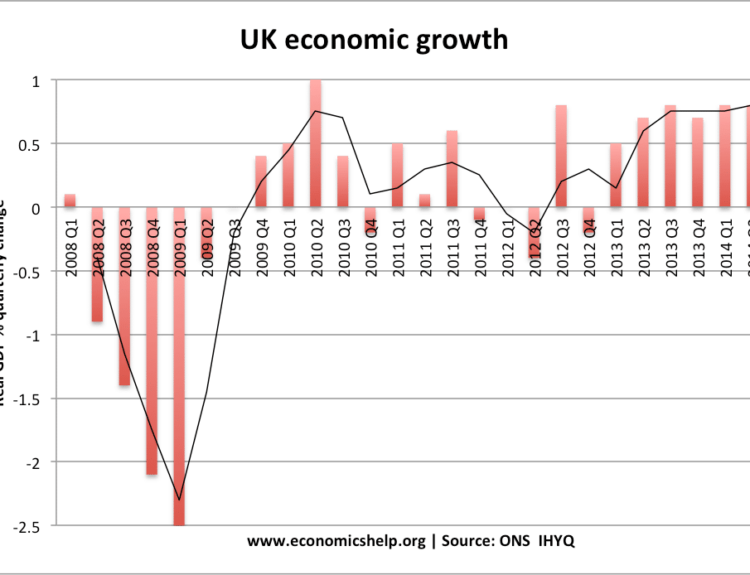Concerns of subdued consumer demand overshadow higher earnings
- Hugo Boss shares drop on weak consumer sentiment
- First quarter sales reach 1.01 billion euros
- Net profit increases to 38 million euros
- Operating profit rises 6% to 69 million euros
- Cost-cutting measures and brand revamp plans drive up earnings
- China sales remain below prior-year level
- Hugo Boss shares fall 6.9% in European trading
- Company may potentially delay longer-term targets
- Luxury sector slowdown affects companies catering to less wealthy consumers
- Hugo Boss to continue growth strategy
Shares in Hugo Boss fell as concerns of subdued consumer demand overshadowed the premium-fashion group’s higher earnings in the first quarter. The German company booked sales of 1.01 billion euros ($1.08 billion) for the first three months, compared with EUR968 million in the year-earlier period. Net profit increased to EUR38 million from EUR35 million, while operating profit rose 6% to EUR69 million. Cost-cutting measures and brand revamp plans helped drive up earnings, the company said. It also backed its outlook for the year, including expected sales of around EUR4.30 billion to EUR4.45 billion. However, it flagged persisting macroeconomic and geopolitical uncertainties that are expected to continue weighing on global consumer sentiment this year. In China, a major market for luxury brands, sales in the quarter remained below the prior-year level, reflecting overall muted local demand, Hugo Boss said. Shares in Hugo Boss fell in European early afternoon trading after rising more than 2% when markets opened. At 1235 GMT on Thursday, shares traded 6.9% lower at EUR47.07. In March, Hugo Boss had warned that it might not meet its 2025 sales guidance of EUR5 billion due to the uncertainties. On Thursday, it didn’t comment on the targets. While the backed 2024 guidance and first-quarter earnings should reassure, the company could potentially delay the longer-term targets amid the more subdued demand environment for premium casual wear, Citi analysts Thomas Chauvet and Lorenzo Bracco wrote in a note to clients. In a context of a general slowdown in the luxury sector, companies that cater to less wealthy consumers face a tougher environment, as these consumers tend to tighten their belts more in times of economic slowdown. Hugo Boss peer and Gucci owner Kering recently posted a decline in sales, as it seeks to revamp its core brand. Companies that were seeking to restructure their brands could face even more challenges, as consumers have become more selective, favoring well-established brands, Barclays analysts said recently. Meanwhile, Hugo Boss said that it will continue to pursue its current growth strategy, aimed at accelerating growth across all brands and geographies.
Factuality Level: 8
Factuality Justification: The article provides factual information about Hugo Boss’s financial performance in the first quarter, including sales figures, net profit, operating profit, and outlook for the year. It also mentions concerns about subdued consumer demand, particularly in China, and the impact on the company’s share price. The article includes quotes from analysts and mentions industry trends, providing a balanced view of the situation.
Noise Level: 3
Noise Justification: The article provides relevant information about Hugo Boss’s financial performance, market challenges, and strategies. It includes specific data on sales, profits, and market trends. The article stays on topic and supports its claims with evidence and examples. However, it lacks in-depth analysis of long-term trends or antifragility concepts, which could have elevated its rating.
Financial Relevance: Yes
Financial Markets Impacted: Shares in Hugo Boss
Presence Of Extreme Event: No
Nature Of Extreme Event: No
Impact Rating Of The Extreme Event: No
Rating Justification: The article discusses the financial performance of Hugo Boss and its impact on the company’s shares. There is no mention of an extreme event.
Public Companies: Hugo Boss (Not available), Kering (Not available)
Key People: Thomas Chauvet (Citi analyst), Lorenzo Bracco (Citi analyst)
Reported publicly:
 www.marketwatch.com
www.marketwatch.com 





